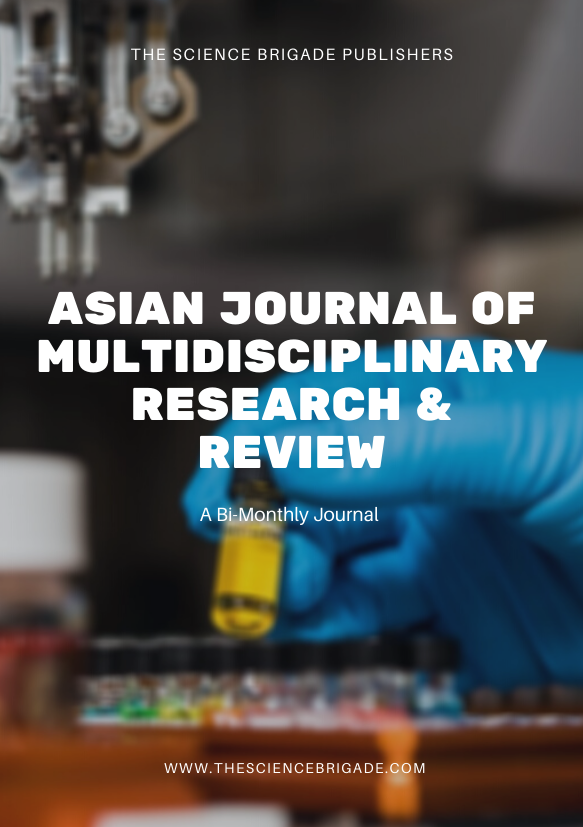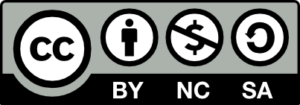In India the tribal groups are considered as the weakest groups of the population in terms of poverty, illiteracy, lack of developmental facilities, socio economic status, primary health facilities etc. Among all the states of India, Odisha is known as a tribal state which includes sixty-two tribes. Out of thirty districts of Odisha, Mayurbhanj district is having around 60% of its population consisting of scheduled tribe. To know more about the academic achievement of the tribal learners and problems faced by them in the process of getting secondary education, the researchers have purposefully chosen Karanjia and Jashipur block of Mayurbhanj and used Descriptive Survey research design. In total, 200 class-IX tribal learners of 20 secondary schools were selected for the study. Two self-made tools i.e., Academic Achievement Score List and Focus Group Discussion for students were used to collect data for the study. The data was analysed with the help of percentage analysis technique. The findings of the study reveal that, maximum numbers of tribal learners of Mayurbhanj district are good in their academic achievement scores. But they are facing problem in schools due to Odia as the medium of instruction; low self-confidence; shyness and inferiority feelings; lack of teacher’s attention; peer group pressure; low family income; unconducive environment for study; work burden in home; poor health and nutrition; gender inequality in the family and early marriage etc. Tribal learners are expecting good infrastructural and material facilities in schools; and counselling programmes for their mental wellbeings.
Educational Status of Secondary School Tribal Learners of Mayurbhanj, Odisha
Publication Information
Journal Title: Asian Journal of Multidisciplinary Research & Review
Author(s): Shibani Mohanta, Sabita Patra & Dr. Ranjan Kumar Rout
Published On: 09/01/2023
Volume: 3
Issue: 6
First Page: 231
Last Page: 238
ISSN: 2582-8088
Publisher: The Law Brigade Publisher
Cite this Article
Shibani Mohanta, Sabita Patra & Dr. Ranjan Kumar Rout, Educational Status of Secondary School Tribal Learners of Mayurbhanj, Odisha, Volume 3 Issue 6, Asian Journal of Multidisciplinary Research & Review, 231-238, Published on 09/01/2023, Available at https://ajmrr.thelawbrigade.com/article/educational-status-of-secondary-school-tribal-learners-of-mayurbhanj-odisha/
Abstract
Share this research
Latest Publications

License Information
Copyright © [hfe_current_year]
Shibani Mohanta, Sabita Patra & Dr. Ranjan Kumar Rout

Ownership and Licensing:
Authors of this research paper submitted to the Journal of Science & Technology retain the copyright of their work while granting the journal certain rights. Authors maintain ownership of the copyright and have granted the journal a right of first publication. Simultaneously, authors agreed to license their research papers under the Creative Commons Attribution-NonCommercial-ShareAlike 4.0 International (CC BY-NC-SA 4.0) License.
License Permissions:
Under the CC BY-NC-SA 4.0 License, others are permitted to share and adapt the work, as long as proper attribution is given to the authors and acknowledgement is made of the initial publication in the Journal of Science & Technology. This license allows for the broad dissemination and utilization of research papers.
Additional Distribution Arrangements:
Authors are free to enter into separate contractual arrangements for the non-exclusive distribution of the journal’s published version of the work. This may include posting the work to institutional repositories, publishing it in journals or books, or other forms of dissemination. In such cases, authors are requested to acknowledge the initial publication of the work in the Journal of Science & Technology.
Online Posting:
Authors are encouraged to share their work online, including in institutional repositories, disciplinary repositories, or on their personal websites. This permission applies both prior to and during the submission process to the Journal of Science & Technology. Online sharing enhances the visibility and accessibility of the research papers.
Responsibility and Liability:
Authors are responsible for ensuring that their research papers do not infringe upon the copyright, privacy, or other rights of any third party. The Journal of Science & Technology and The Science Brigade Publishers disclaim any liability or responsibility for any copyright infringement or violation of third-party rights in the research papers.




